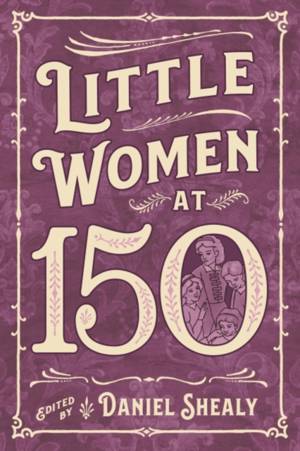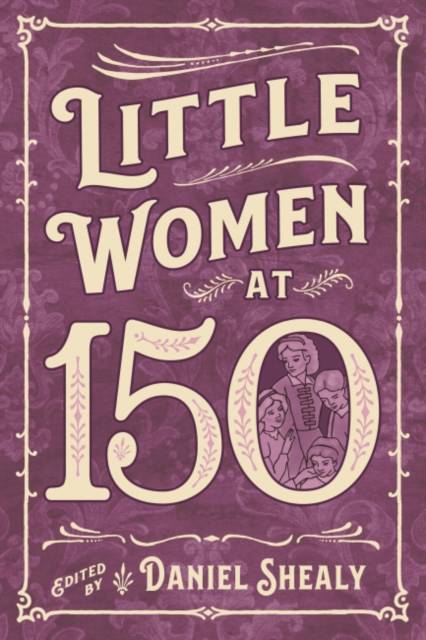
- Afhalen na 1 uur in een winkel met voorraad
- Gratis thuislevering in België vanaf € 30
- Ruim aanbod met 7 miljoen producten
- Afhalen na 1 uur in een winkel met voorraad
- Gratis thuislevering in België vanaf € 30
- Ruim aanbod met 7 miljoen producten
Zoeken
Omschrijving
Contributions by Beverly Lyon Clark, Christine Doyle, Gregory Eiselein, John Matteson, Joel Myerson, Sandra Harbert Petrulionis, Anne K. Phillips, Daniel Shealy, and Roberta Seelinger Trites As the golden age of children's literature dawned in America in the mid-1860s, Louisa May Alcott's Little Women, a work that many scholars view as one of the first realistic novels for young people, soon became a classic. Never out of print, Alcott's tale of four sisters growing up in nineteenth-century New England has been published in more than fifty countries around the world. Over the century and a half since its publication, the novel has grown into a cherished book for girls and boys alike. Readers as diverse as Carson McCullers, Gloria Steinem, Theodore Roosevelt, Patti Smith, and J. K. Rowling have declared it a favorite. Little Women at 150, a collection of eight original essays by scholars whose research and writings over the past twenty years have helped elevate Alcott's reputation in the academic community, examines anew the enduring popularity of the novel and explores the myriad complexities of Alcott's most famous work. Examining key issues about philanthropy, class, feminism, Marxism, Transcendentalism, canon formation, domestic labor, marriage, and Australian literature, Little Women at 150 presents new perspectives on one of the United States' most enduring novels. A historical and critical introduction discusses the creation and publication of the novel, briefly traces the scholarly critical response, and demonstrates how these new essays show us that Little Women and its illustrations still have riches to reveal to its readers in the twenty-first century.
Specificaties
Betrokkenen
- Uitgeverij:
Inhoud
- Aantal bladzijden:
- 228
- Taal:
- Engels
- Reeks:
Eigenschappen
- Productcode (EAN):
- 9781496837998
- Verschijningsdatum:
- 8/03/2022
- Uitvoering:
- Paperback
- Formaat:
- Trade paperback (VS)
- Afmetingen:
- 152 mm x 229 mm
- Gewicht:
- 340 g

Alleen bij Standaard Boekhandel
+ 78 punten op je klantenkaart van Standaard Boekhandel
Beoordelingen
We publiceren alleen reviews die voldoen aan de voorwaarden voor reviews. Bekijk onze voorwaarden voor reviews.










